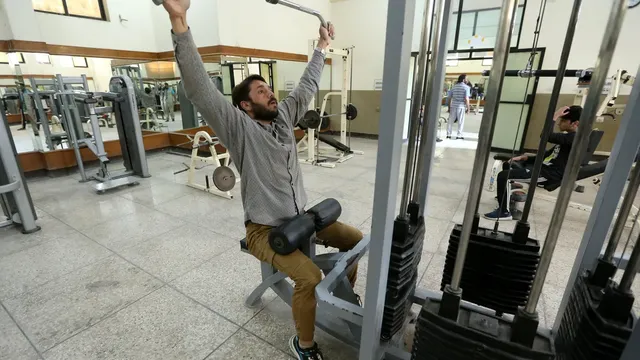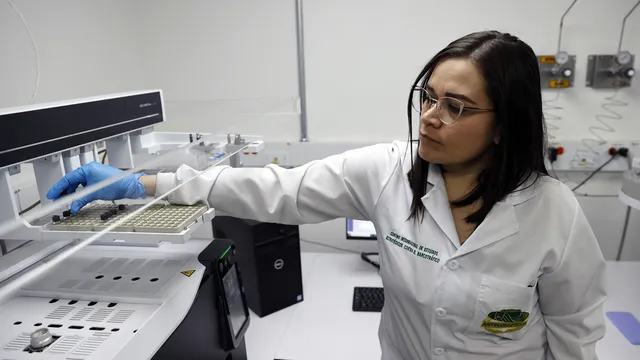It's the Year of the Rat again in Sarajevo.
Posts on social media by residents of the capital of Bosnia and Herzegovina show an abundance of rodents swimming in the Miljacka River, which runs through the city center.
Sarajevo residents, long accustomed to poor public services, have also posted photos of overflowing garbage containers and illegal dumping, along with complaints that authorities have failed to remove dead animals from public places, including playgrounds.
All this creates a perfect breeding ground for rats. For people, however, the picture is not so rosy, the BBC reported.
Health experts blame the failure to control the rodent population in Sarajevo for the alarming increase in the number of cases of rat-borne diseases.
In just 24 hours this week, the country's largest hospital recorded a dozen cases of leptospirosis. This follows a series of other infections earlier this month.
One of the nicknames for the disease, “rat fever,” reflects the main vector of infection. It is usually spread among humans through water or soil contaminated with rodent urine or feces.
Symptoms range from headaches and muscle aches to bleeding in the lungs. The acute form of the disease, Weil's disease, can cause jaundice and even kidney failure.
Local authorities in Sarajevo declared an epidemic, allowing for the imposition of emergency measures, including a long-awaited cleanup.
Additional municipal workers, armed with disinfectant sprays, were deployed to carry out a “spring cleaning” of public areas throughout the city, while additional garbage collection was organized. Schools were instructed to clean their yards, mow their lawns, and check their basements for rats.
The current hands-on approach is a big change from the last two years, when Sarajevo didn't really do anything to deal with pests. Officials blame a failed tender process for extermination and sanitation work, which allowed the city to be overrun by rats—and, in fact, by dogs, as packs of stray dogs are also a common sight in the capital.
Sarajevo Canton Health Minister Enis Hasanovic described the situation as “not a health crisis, but a municipal crisis” due to local authorities' failure to comply with basic hygiene requirements in the municipality.
But the former director of the University Clinical Center in Sarajevo, Sebija Izetbegovic, believes that the health situation could worsen even further. Now a member of the Sarajevo Canton Municipal Council, she pointed out that “well-fed rats” are currently so numerous in the city that “we can also expect hantavirus.”
In one respect at least, Sarajevo has been lucky. If left untreated, leptospirosis can be fatal, with a mortality rate of over 50% in people suffering from severe bleeding in the lungs.
However, none of the cases recorded during the current epidemic have been serious so far. | BGNES

 Breaking news
Breaking news
 Europe
Europe
 Bulgaria
Bulgaria







